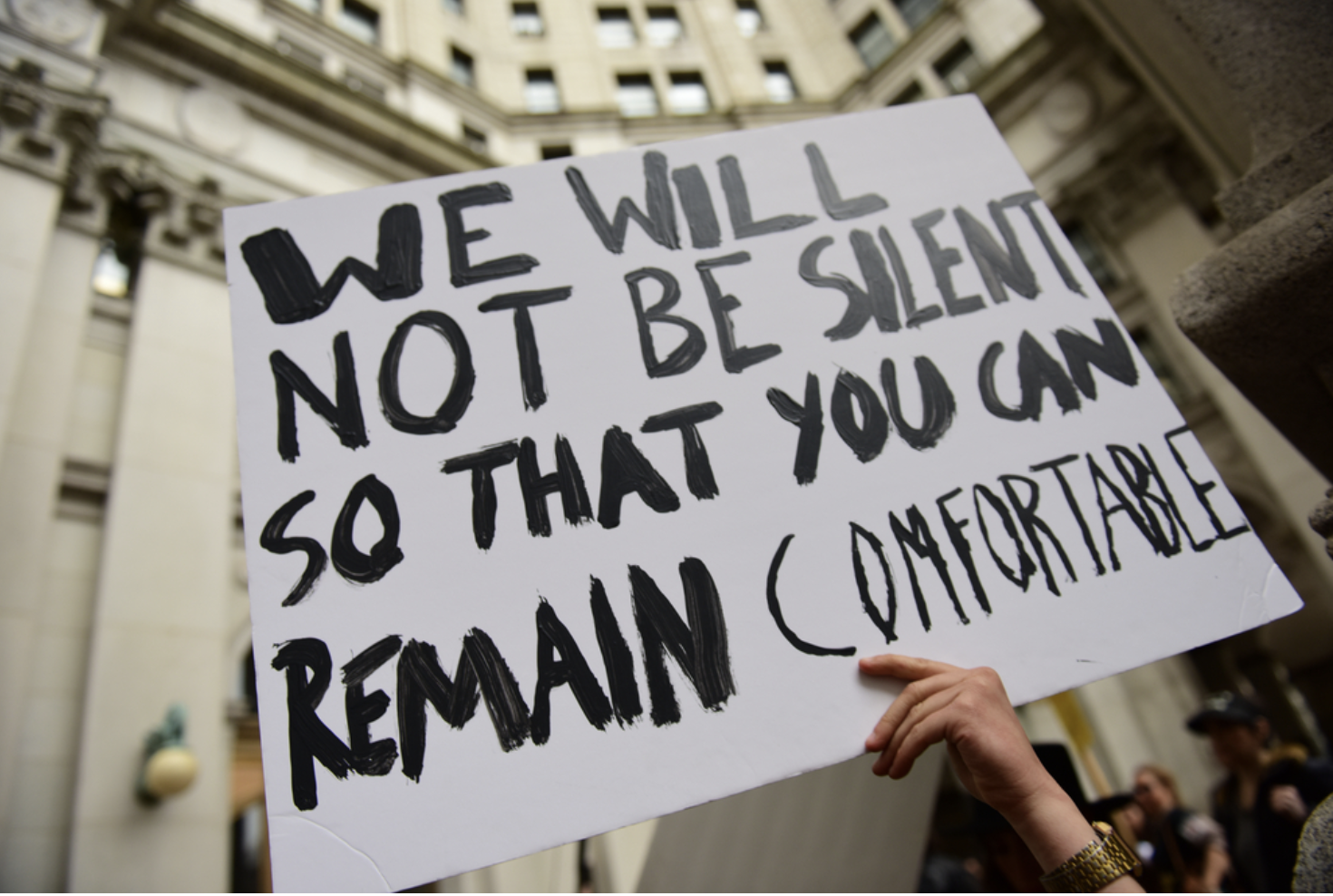Shannon Limbach
SL668021@Ohio.edu
Principles of Journalism
As members of society, we tend to design our paths through life with an assumption that those around us have similar moral and ethical standards. These standards of goodness, honesty, and service to others often are conceived through the marriage of nature that surrounds us and the nurturing we experience. Difficult upbringings may lend way to the duplication of those actions; or the pendulum may swing in the other direction and create a favored life from a parent who once struggled.
Moral and ethical standards for journalism are not just assumptions, they are practiced principles that society as a whole is dependent upon to secure our well being and democracy. When journalistic ethics are bent or curved in order to achieve an unscrupulous agenda, we all suffer.
We Are Number Five
Journalistic standards and responsibilities go beyond professional endeavors. With the advent of the internet, social media, blogging, comment sections, and community participation on websites, where do our own personal ethics in journalistic standards begin and end. Bill Kovach and Tom Rosensteil from Elements of Journalism: What newspeople should know and the public should expect list 10 journalistic principles to follow . Most notably is number 10, "Citizens have rights and responsibilities when it comes to the news as well-even more so as they become producers and editors themselves."
Image Source: CJMcKinney
Risks
Citizen journalists carry risks on their endeavors when they reject due diligence. Please review this piece by Hadley M. Dreibleis "Social media statements made with specificity and serious tone would
be treated more like actionable statements of fact rather than per se
hyperbole. Any resulting potential for increased liability from the
falsity analysis could be counterbalanced by heightening the requisite level of intent for alleged defamers to actual malice—particularly when
plaintiffs are “influencers” with large social media followings. Courts
should treat all online platforms consistently when conducting this
analysis, recognizing that Twitter and blogs are no longer mere casual
conversation platforms. "
Rights
Adopted on December 15, 1791, as one of the ten amendments of the U.S. Bill of Rights, the First Amendment states: "Congress shall make no law respecting an establishment of religion, or prohibiting the free exercise thereof; or abridging the freedom of speech, or of the press; or the right of the people peaceably to assemble, and to petition the Government for a redress of grievances.” As citizens we have a Right to expression and protest. We have a Right to join with others in our pursuit of progress. We have a Right to stand up for our beliefs. In fact, I believe we have a moral obligation to fight for ourselves and others. Progress is not achieved through silence or behind closed doors.
Responsibilities
As new producers and editors actively participating in the world of social media journalism, what foundational responsibilities do we have to ensure we are protecting free speech while simultaneously ensuring we are not spreading falsehoods and misinformation? As an active participant on Twitter , I regularly review articles and noteworthy tweets for their accuracy long before I will retweet or post. I review certified votes of congressional members here , as I am an active participant in securing our Democracy.
I freely admit that I am not perfect. But I hold dearly my new role as the Fifth Estate, assigned sequential number 10, which concretely lays out the Elements of Journalism. I am keenly aware of my social obligations, risks, rights and responsibilities and practice them diligently.


No comments:
Post a Comment